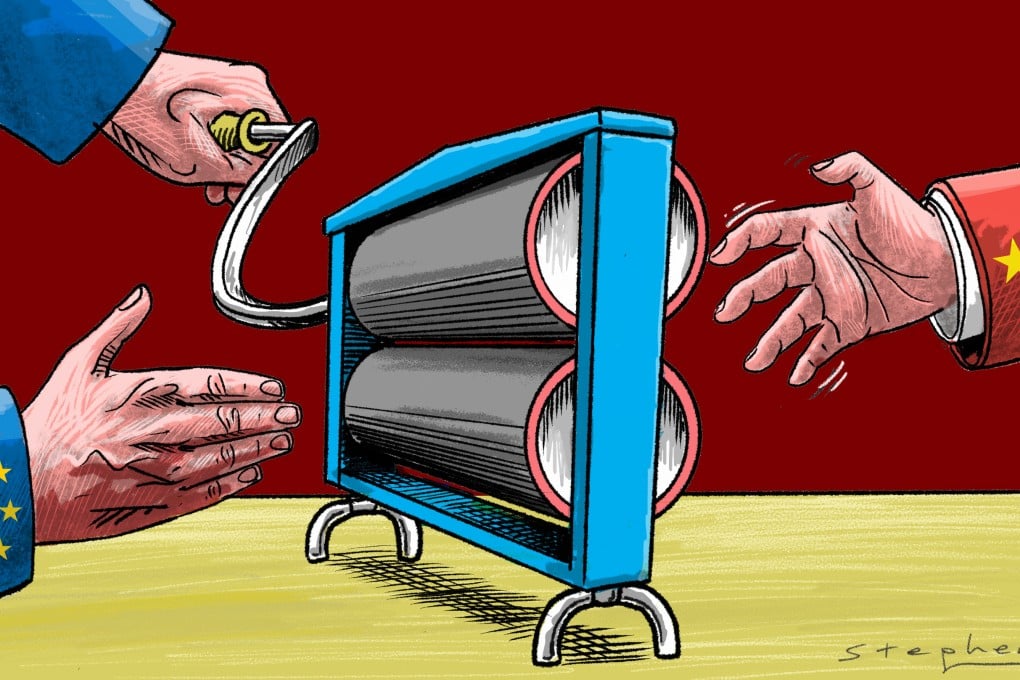Advertisement
Opinion | Europe’s hardball tactics on trade put China in a bind
- The EU is increasingly acting against what it sees as unfair Chinese trade practices and taking measures to curb Chinese exports and investments
- Mired in multiple challenges of its own, a frustrated Beijing may be forced to concede more to Europe’s demand for a level playing field
Reading Time:3 minutes
Why you can trust SCMP
18

It seems China is losing the capacity to influence matters inside Europe. Faced with economic headwinds, and possibly concerned about losing European investors in such troubled times, Chinese leaders are sending mixed messages about the European Union’s increasingly muscular approach to bilateral trade.
Advertisement
“Our relationship needs rebalancing to be mutually beneficial, based on transparency, fairness, predictability and reciprocity,” EU trade chief Valdis Dombrovskis said on September 25 during a meeting with Chinese Vice-Premier He Lifeng, part of the 10th EU-China High-level Economic and Trade Dialogue.
Last year, the EU had a trade deficit with China of €396 billion (US$417 billion), up 58 per cent from 2021, according to the EU Commission, the bloc’s executive body. Dombrovskis’ four-day visit to China was basically an admonition against what the EU considers China’s unfair trade practices.
While the two sides agreed to create a couple of working groups to smooth differences over trade and financial services, just one day after the Dombrovskis-He talks, Chinese commerce minister Wang Wentao attacked the EU’s recent decision to launch an anti-subsidy investigation against Chinese electric vehicles.
Beijing is not hiding its frustration over the string of measures the EU has adopted, or is set to adopt, to protect its trade, which are essentially aimed at Chinese exporters and investors. Indeed, the EU is working to introduce stronger controls on the export of sensitive items, strengthen the existing EU-wide mechanism for screening inbound investments and set up a framework to monitor outbound investments.
Advertisement
EU institutions have already reached a political consensus on a new anti-coercion tool to be used against trade restrictions like those imposed by China on Lithuania since 2021.

Advertisement
